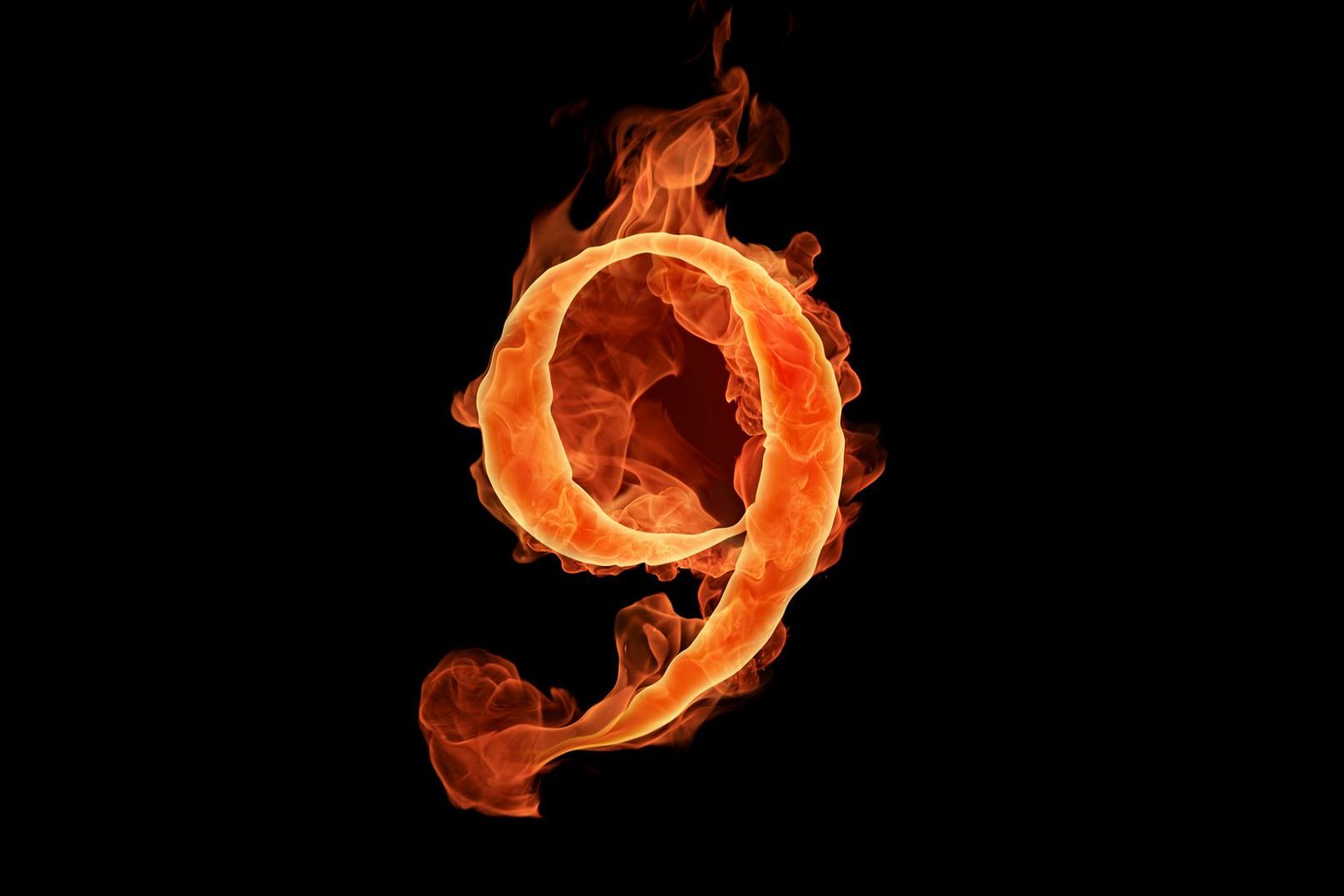With Rosh Chodesh Av, the more intense period of mourning for the destruction of the Beit HaMikdash, known as The Nine Days, begins.
“As Av enters, we diminish our joy”. This statement of the mishna is manifest in many laws & customs observed during the first nine days of the month of Av (Actually it is for nine and a half to ten days).
There is a dispute among authorities as to whether this means that one ceases all joy during this period, or whether one is only required to diminish joy.
One way or the other, some of the manifestations of this concept are the reduction of business, the prohibition of pleasurable building, and other similar things.
One should not play musical instruments during the Nine Days. Some say that applies to singing as well. There are appropriate songs to sing during the Nine Days.
Halachically, tiyulim are forbidden only on Erev Tish’a b’Av and Tish’a b’Av itself. However, one should refrain from pleasurable tiyulim from Rosh Chodesh. Trips abroad should specifically be avoided. Trips to Israel, on the other hand, are allowed because of the mitzva aspect involved.
Concerning the conduct of business, it is generally agreed that in today’s economy, the factors of financial loss – rent, salaries, utilities, etc. – would permit business as usual during the Nine Days. Depending upon the type of business and the possible effects of “closing shop” for more than a week, the applications of the halacha may vary. A Rav should be consulted.
Giving of gifts should be avoided, if possible, during the Nine Days. If unavoidable, the gift should preferably not be used until after Tish’a b’Av.
One should not buy new clothes during the Nine Days, even if She’he’che’yanu is not involved, and even if one will not wear the clothes until after Tish’a b’Av. Simple sneakers for Tish’a b’Av is an exception to this rule. Simple sneakers!
Purchases necessary for one’s livelihood are permitted; if a She’he’che’yanu is involved, it should be postponed until after Tish’a b’Av.
“Purchases of Mitzva” are allowed, but should be made in consultation with a Posek.
Another interesting exception to the ban on purchases is the case of bargains and availability. One may buy things – even “items of joy” – during the Nine Days, if they will be difficult to find after Tish’a b’Av, or even it they will be more expensive then. The mourning during the Nine Days is not intended to cost us money; it is meant to diminish our joy.
Opinions differ concerning the extent to which some of the following rules apply. Exceptions to any of the following rules should be made only in consultation with one’s Rav.
Hair cutting and shaving are prohibited. Even those who shave during the Three Weeks should avoid shaving during the Nine Days.
One may cut fingernails during the Nine Days.
Weddings and other festive gatherings are prohibited.
One should not play or listen to music.
Pleasurable bathing is prohibited. Many apply this prohibition to regular bathing as well. One who showers during the Nine Days for hygienic purposes, should use cooler water than usual, bathe less frequently, take less time, and avoid washing the whole body at one time. Most authorities permit bathing as usual on the Fridays of the Nine Days.
Meat and wine are prohibited during the Nine Days, except on Shabbat. Meat and wine are associated both with joy AND with Temple service. Both reasons combine to explain this prohibition.
Even though havdala is officially after Shabbat, one is permitted to drink wine. It is preferable to give the wine to a child who is old enough to understand brachot but not yet old enough to understand the concept of “mourning for Jerusalem”. Alternately, some authorities recommend the use of a substitute beverage for havdala such as fruit juice, beer, etc. Other authorities insist on wine as usual.
It is the practice not to wear freshly laundered clothing during the Nine Days. Undergarments, for health reasons, are generally not included in this ruling. One can “prepare” several changes of clothing before Rosh Chodesh by wearing them briefly. One may dress for Shabbat without the above restriction.
Speaking of She’he’che’yanu…
There is an interesting dispute concerning this joyful bracha during the Three Weeks. The Shulchan Aruch and the ARI z”l prohibit the saying of the bracha. What follows is a ban on new fruit and other purchases which require the bracha.
The Vilna Gaon allows the bracha throughout the Three Weeks (including the Nine Days), even during the week.
The Mishna B’rura allows the bracha on Shabbat, but not during the week.
The Aruch HaShulchan allows it during the week as well, but only until Rosh Chodesh Av. In other words, only on Shabbat during the Nine Days.
If withholding a new fruit because of the bracha issue will cause a reduction of Oneg Shabbat, then even the Shulchan Aruch would permit She’he’che’yanu during the Three Weeks.
The purchase of S’farim should be avoided during the Nine Days, if joy in their purchase produces joy.
This has not been an exhaustive list of the rules for the Nine Days nor have all variant opinions been expressed. It is best to consult one’s LOR for more complete information.
Most importantly, we must ponder the causes of the destruction of Jerusalem and the Beit HaMikdash and work towards “repairing the damage” caused by past (and present) generations so that we may be privileged to rejoice in the Geula, speedily in our time.
The laws and customs of mourning the Churban are not meant to overburden us nor are they picayune. They are meant to keep our thoughts and feelings focused on the Churban and its causes, and the resolutions towards improvement that should follow those thoughts and emotions. Use them well.
Our Thanks to Phil Chernofsky of the OU/NCSY Israel Center for Including This Material in His Remarkable Torah Tidbits
